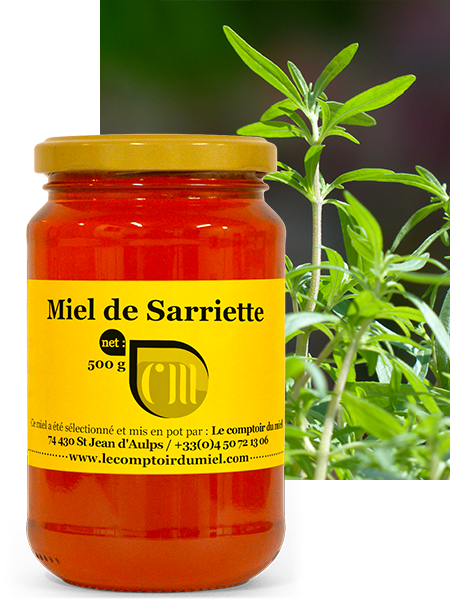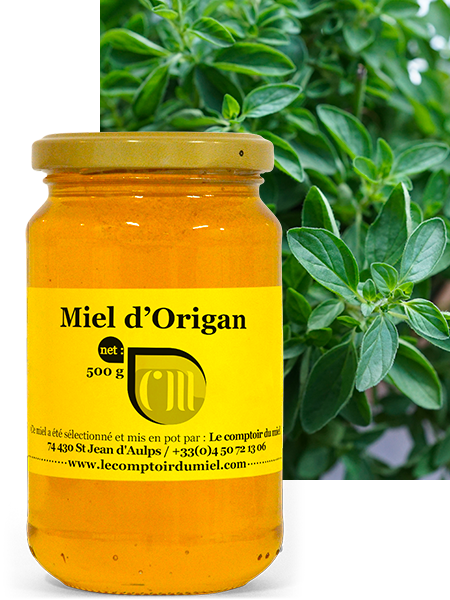Savory is an aromatic herb used in cooking for its leaves and stems, which have a distinct flavor and aroma. It belongs to the Lamiaceae family and is native to Mediterranean regions. There are two main varieties of savory: summer savory (Satureja hortensis) and winter savory (Satureja montana).
It is appreciated for its slightly peppery, spicy and minty flavor. As a result, it is often used to enhance the flavour of various dishes, particularly in cuisines Mediterranean cuisine.
Here are some common uses for savory in cooking:
Savory is used to season a variety of dishes, including soups, stews, meat dishes, vegetables and sauces.
It is sometimes used to flavor grilled meats, marinades and barbecue dishes. But it can also be used to flavor certain cheeses, for example.
It can also be incorporated into bread or focaccia dough for added flavor.
It’s a versatile herb that can be used fresh or dried! It’s an integral part of Provence herbs such as thymerosemary or oregano.
Our savory honey, with its spicy flavor, is an ideal ingredient for all these recipes.
The benefits and virtues of savory :
In addition to cooking, savory is used in herbal medicine for its beneficial properties, including digestion.
Indeed, historically it has been taken to help stimulate digestion. It is said to promote appetite, relieve stomach upset, bloating and gas, and thus improve digestion.
In addition, savory contains phenolic compounds and antioxidants that can help protect the body’s cells from free-radical damage.
Certain compounds found in savory, such as essential oils, have potential antimicrobial properties. They can help fight bacteria and fungi.
It also has possible anti-inflammatory effects due to its phenolic compounds.
Savory is sometimes used to relieve muscle spasms and cramps. Naturally, we hope that all these virtues can be found in savory honey!
The taste of savory honey:
Savory honey is an aromatic honey. Its taste is generally described as robust, intense and complex. It has spicy, peppery and slightly minty notes, with a subtle sweetness.
The scent of savory, very present in the garrigue, is also found in this honey, making it particularly interesting for those seeking strong flavors. It is strong and original, and is appreciated by lovers of honeys other than acacia or wildflower.
Did you know?
Savories are sometimes called pèbre d’ai or pèbre d’ase (which in Provençal means “donkey pepper” because of its alleged aphrodisiac properties, local customs referring to the donkey as “well-stocked”), or poivrette (in Valais and Aosta Valley).

